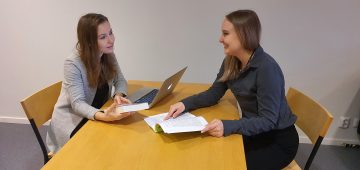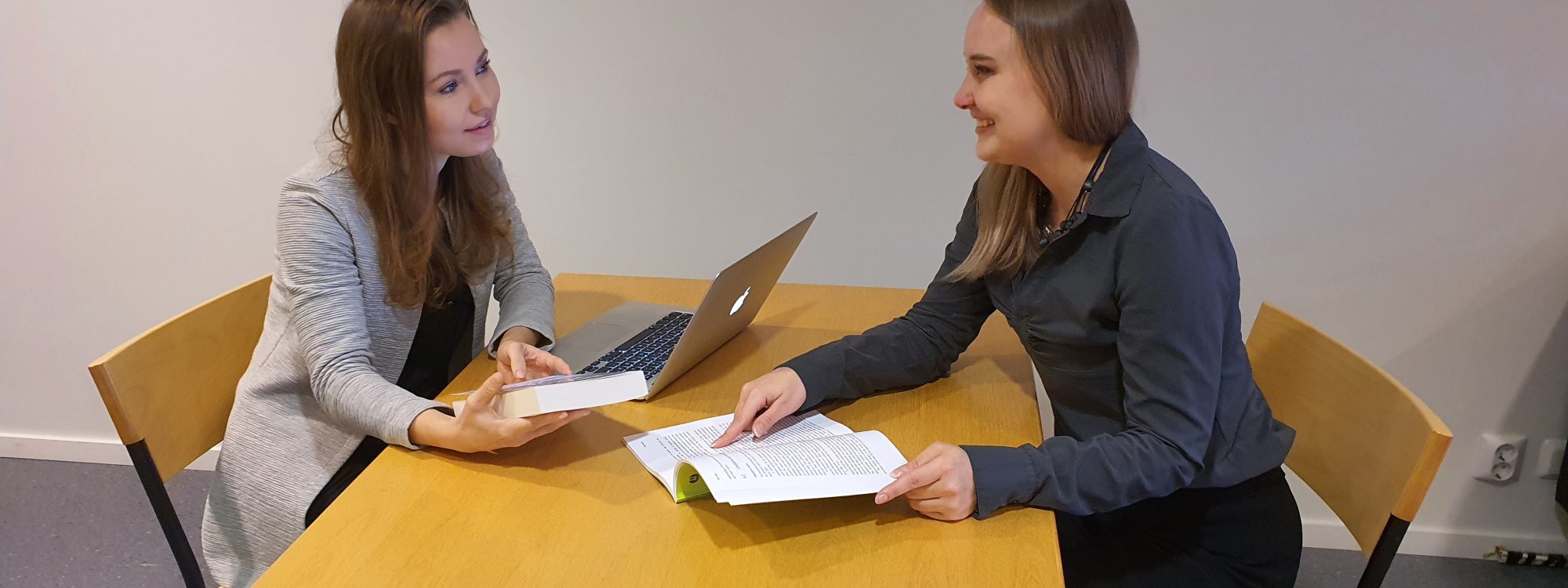Instruments
Instruments measuring empowering patient education
We have developed structured instruments for measuring empowering patient education, based on the theory of Empowering Patient Education (EPE, Leino-Kilpi & Vuorenheimo 1994, Leino-Kilpi et al. 1998, 1999, Heikkinen et al. 2007, Rankinen et al. 2007, Ryhänen et al. 2012). Instruments have been developed to measure the expected and received knowledge of patients as well as empowering patient education practices in health care. There are several instruments in preparation, e.g., instruments for empowering patient education competence, knowledge test, and for leadership of patient education.
The construction of the instruments is based on the six dimensions of empowering knowledge: bio-physiological (i.e. illness, symptoms, treatment, and complications), functional (i.e. mobility, rest and nutrition), experiential (i.e. emotions and hospital experiences), ethical (i.e. rights, duties and participation in decision-making), social (i.e. families, other patients, and patients unions), financial (i.e. costs and financial benefits). For defining the level of empowerment, the relationship between expectations and received knowledge is fundamental: the closer they are, the higher possibilities the patient has to be empowered.
See: Leino-Kilpi, H., Inkeroinen, S., Cabrera, E., Charalambous, A., Fatkulina, N., Katajisto, J., Sigurðardóttir, Á. K., Sourtzi, P., Suhonen, R., Zabalegui, A., & Valkeapää, K. (2020). Instruments for Patient Education: Psychometric Evaluation of the Expected Knowledge (EKhp) and the Received Knowledge of Hospital Patients (RKhp). Journal of multidisciplinary healthcare, 13, 1481–1505. https://doi.org/10.2147/JMDH.S271043.

Instruments
- Expected Knowledge of Hospital Patients, EKhp
©Leino-Kilpi, Salanterä, Hölttä 2003
Expectations items: 40; Scale: 1=Totally disagree – 4=Totally agree, 0=Not applicable in my case
Languages: English, Finnish, Greek, Icelandic, Lithuanian, Spanish, Swedish - Expected Knowledge of Significant Others, EKso
©Leino-Kilpi, Salanterä, Hölttä 2003
Expectations items: 40; Scale: 1=Totally disagree – 4=Totally agree, 0=Not applicable in my case
Languages: English, Finnish, Greek, Icelandic, Lithuanian, Spanish, Swedish - Received Knowledge of Hospital Patients, RKhp
©Leino-Kilpi, Salanterä, Hölttä 2003
Received items: 40; Scale: 1=Totally disagree – 4=Totally agree, 0=Not applicable in my case
Languages: English, Finnish, Greek, Icelandic, Lithuanian, Spanish, Swedish - Received Knowledge of Significant Others, RKso
©Leino-Kilpi, Salanterä, Hölttä 2003
Received items: 40; Scale: 1=Totally disagree – 4=Totally agree, 0=Not applicable in my case
Languages: English, Finnish, Greek, Icelandic, Lithuanian, Spanish, Swedish - Expected Knowledge of Hospital Patient/Patients with Pacemaker
©Leino-Kilpi, Lönnberg, Koivunen 2010
Language: Finnish - Expected Knowledge of Hospital Patient/Ambulatory Surgery Patients
©Leino-Kilpi, Salanterä, Leppänen, Lindblom, Nummela 2005
Language: Finnish - Received Knowledge of Hospital Patient/Ambulatory Surgery Patients
©Leino-Kilpi, Salanterä, Leppänen, Lindblom, Nummela 2005
Language: Finnish - Knowledge level of Ambulatory Surgery Patients
©Leino-Kilpi, Salanterä, Leppänen, Lindblom, Nummela 2005
Language: Finnish - Patient Education of Patients with Chronic Kidney Disease (Patients’ perspective)
©Leino-Kilpi, Virtanen, Tuominen, Kilpi, Laulaja, Kiukainen, Karlsson 2016
Language: Finnish
- NCE Instrument for Evaluating Practice of Patient Education (Nurses’ perspective)
®NCE 2001
Language: Finnish - NCE Instrument for Evaluating Practice of Patient Education (Patients’ perspective)
®NCE 2001
Language: Finnish - EPNURSE (Instrument to collect information about patient education, nurses’ perspective)
©Johansson et al. 2008
Languages: English, Finnish, Greek, Lithuanian, Spanish
The instruments are available by request from Professor Helena Leino-Kilpi. The use of the instruments for academic research purposes is free. The research plan is required before permission to use the instrument is granted.
If you are interested in using the instruments, please complete the instrument request form and add your research plan. For more information about the instruments: Professor emerita Helena Leino-Kilpi, helena.leino-kilpi@utu.fi
Instrument request form
For measuring outcomes of empowering patient education, we have used many other instruments in the field of health-related quality of life (EuroQol Group 1990, QoR-1998), self-efficacy (Pellino et al. 1998), as well as different knowledge and problem-solving tests and instruments for a special educational field.
